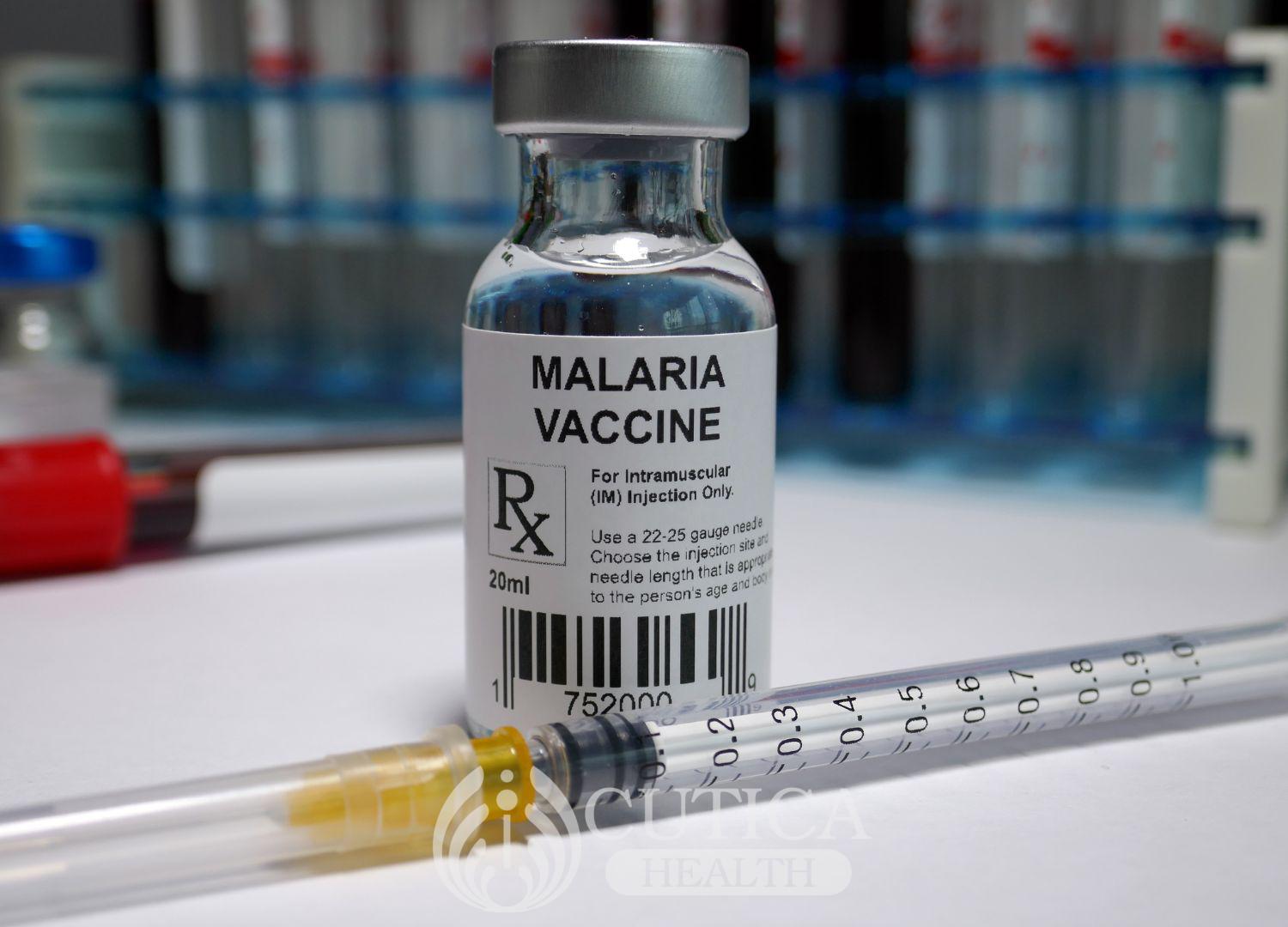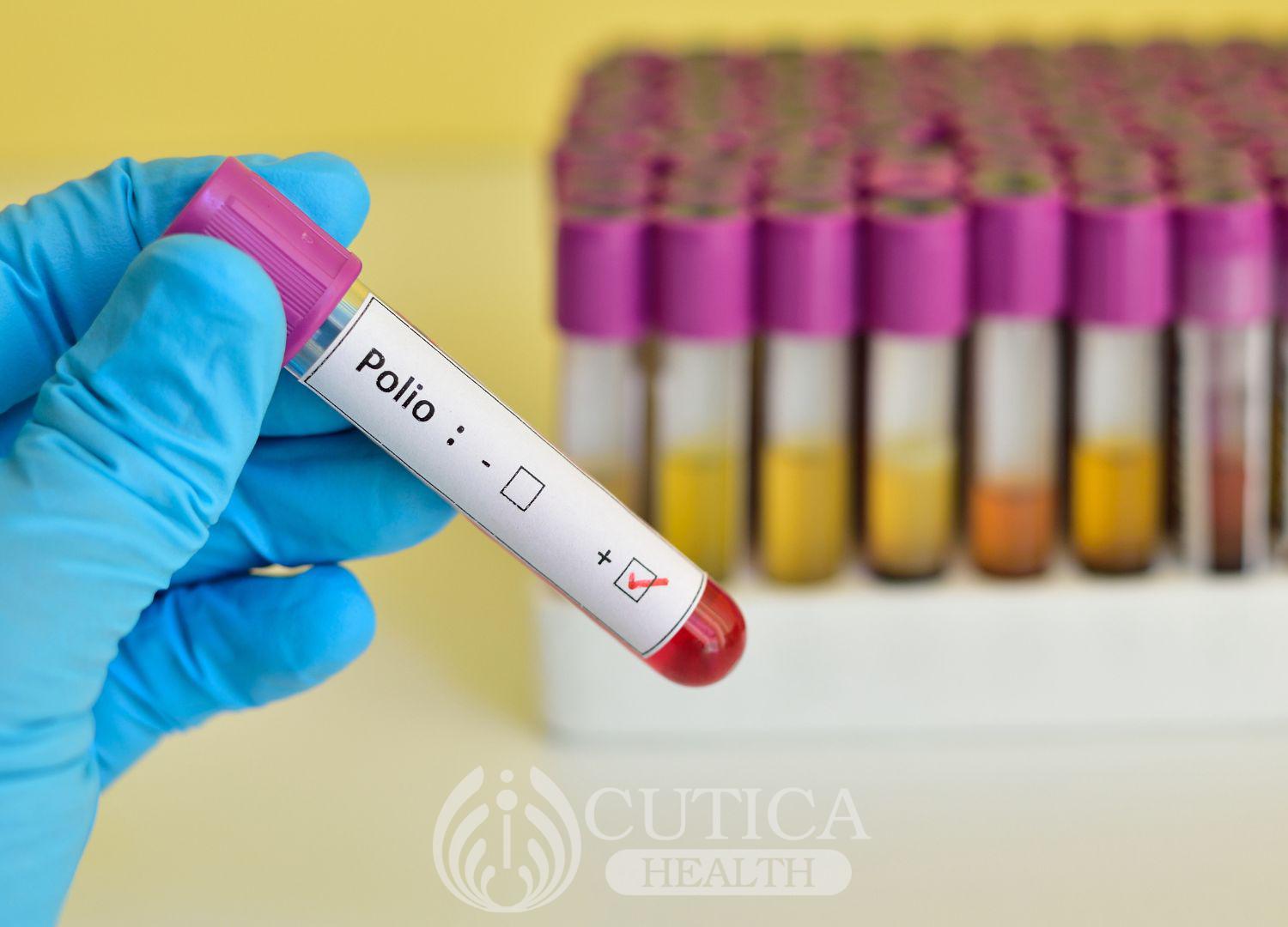
It’s a typical day in the small village of Nsuta in Ghana, where Amma does her daily business. She’s a young mother and acutely aware of malaria's risks to her and her children. She’s seen friends and family members suffer from the disease and knows it’s a constant threat in her community.
But today, she’s feeling optimistic. There’s a new vaccine being tested in the area, and she’s heard that it could protect against malaria. She’s hoping that it will be available soon and that it will help to make a real difference in the fight against this deadly disease.
The long road to a malaria vaccine
Malaria is one of the world’s deadliest diseases, with over 200 million cases and 400,000 deaths reported yearly. Most of these cases occur in sub-Saharan Africa. Despite efforts to control malaria through bed nets, insecticides, and antimalarial drugs, it remains a major problem.
The development of a malaria vaccine has been a long and challenging process. Researchers have worked on a vaccine for over 30 years. One of the significant challenges has been the complexity of the malaria parasite, which has made it difficult to develop a vaccine that can provide effective and long-lasting protection.
But despite the many obstacles, researchers have continued to work tirelessly to develop a malaria vaccine. Significant progress has been made recently; some vaccine candidates have entered clinical trials. Clinical trials are scientific studies that evaluate the safety and effectiveness of new drugs, treatments, or medical devices. These trials involve human participants who volunteer to be part of the study.
Ghana and Nigeria lead the way in approving a new vaccine
In October 2021, a reputable global health organization announced that it had approved a new malaria vaccine called RTS,S/AS01 (Mosquirix). The vaccine was developed by GlaxoSmithKline (GSK) in collaboration with the PATH Malaria Vaccine Initiative (MVI) and other partners.
The vaccine has been shown to provide partial protection against malaria in young children. In clinical trials, it reduced the occurrence of malaria by 30% to 50% and the number of severe malaria cases by 30% to 40%. 
The vaccine was first approved for use in Ghana in April 2023 followed by Nigeria within a few days, marking a significant milestone in the fight against malaria.
The ongoing large-scale trial
While the vaccine's approval is a significant achievement, more work remains to be done. The vaccine is currently undergoing evaluation in a large-scale study involving 360,000 children in Kenya, Ghana, and Malawi. The trial is expected to provide more information on the safety and efficacy of the vaccine.
The trial is expected to be completed in 2023, and if the results are positive, the vaccine could be recommended for use wherever it is needed worldwide. An ambitious target is to reduce malaria cases and deaths by 90% by 2030, and a safe and effective vaccine will be an essential tool in achieving this goal.
The challenges ahead
Despite the progress that has been made, there are still many challenges to overcome in the fight against malaria. One of the biggest challenges is the cost of the vaccine. RTS,S/AS01 is a relatively expensive vaccine that may be difficult for low-income countries to afford. To get over this hurdle, an Indian company and other partners have taken up challenge of mass producing this vaccine.
Another challenge is developing vaccines that can provide long-lasting protection against malaria. RTS,S/AS01 offers partial protection for a limited time, and there is a need for vaccines that can provide longer lasting protection.
Conclusion

The approval of the RTS,S/AS01 vaccine in Ghana and Nigeria in April 2023 is a significant achievement in the fight against malaria, but this is just the beginning. The vaccine is a significant step forward, but there is still a long way to go to eradicate this deadly disease.
One of the keys to success will be continued investment in research. Developing a malaria vaccine has been a long and challenging process, but it’s also been a testament to the power of scientific collaboration and innovation.
Vaccines are just one tool in the fight against malaria. Other strategies, such as bed nets, insecticides, and antimalarial drugs will continue to play important roles.












